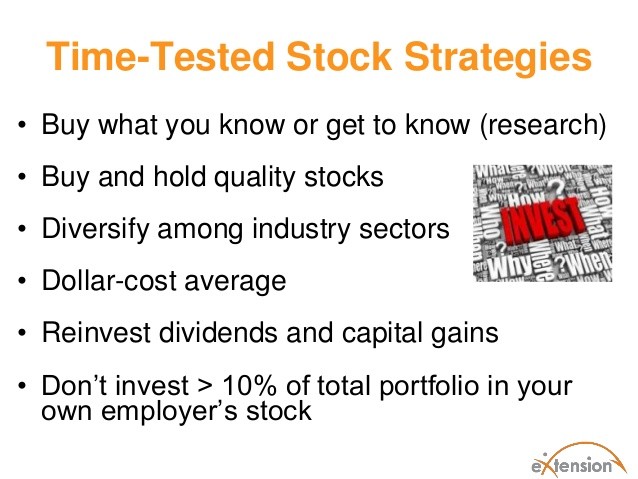Lower Your Cost Basis with Dollar Cost Averaging and Reinvested Dividends
Post on: 25 Июнь, 2015 No Comment

How Constant Purchases and Reinvested Dividends Can Save You
You can opt-out at any time.
In the past, we’ve discussed the remarkable work of Dr. Jeremy Siegel. Through his work at the Wharton School of Business, he put together data showing that investors with a portfolio full of high-quality dividend stocks massively outperformed their contemporaries over the long-run because during market crashes, the dividends that were reinvested lowered the overall cost basis of the investor’s shares, allowing them to develop a much lower “break-even” point when the market reverse course.
Imagine for a moment that you invested $5,000 in shares of Harley Davidson at $50 each, after they had fallen from roughly $85. You would own 100 shares. Now, thanks to the credit crisis and the resulting economic collateral damage it caused, shares of the venerable manufacturing firm are trading at roughly $11 each. You would have suffered a $3,900 loss, or 78%.
What if, however, you were still convinced the business was going to be worth a great deal of money going forward due to its brand name and high return on equity during the good times? If you were to invest an additional $5,000 into the shares, this time around you would receive approximately 454 shares. In total, you would now have 554 shares of Harley Davidson common stock purchased at a total cost of $10,000. The result is a substantial drop in your cost basis to $18.05 per share ($10,000 total investment divided by 554 shares = $18.05 cost basis).
Now, the stock only has to return to $18.05 per share for you to have your entire $10,000 reflected in your portfolio. If the shares reach your original purchase price of $50 each over the next five or ten years, you will have actually made a profit of more than $17,700! That doesn’t even include any dividend income you might have received during your holding period.
The dividend income, in fact, is one of the most powerful forces working on your behalf because each dividend payout you receive allows you to drop your cost basis even more in a crashing market. Harley Davidson just slashed its per share dividend to an estimated $0.40 per year in an effort to conserve cash and protect the business. That means that your 554 shares would receive somewhere in the neighborhood of $221.60 over the course of the next four quarters. If the stock price held steady, that would allow you to pick up an additional 20 shares. Your cost basis would be lowered yet again to $17.81 ($10,221.60 cost basis divided by 574 shares = $17.81 per share cost basis).
Over time, the joint power of constant dollar cost average purchases and reinvested dividends can result in a cost basis so low that when the market turns north, your profits will be huge compared to those who simply bought their shares, held them, and cashed their dividend checks. This is one of the major reasons that it is an enormous, monumental mistake (in my personal opinion) to cut your 401(k) contributions during a crashing market. Instead, you should be increasing the portion of your paycheck that goes into your retirement accounts because you can rapidly – and ruthlessly – cut your overall cost basis to next to nothing. When the recovery does happen, whether it be in six months or five years, your less disciplined co-workers will still be sitting on huge, permanent losses whereas you will have gone into the black and not only recovered all of your money but started turning a profit.
The Caveat: Don’t Throw Good Money After Bad
Like all good things in life, this powerful concept can be taken too far. One of the dangers is that you lose sight of what is actually happening in the underlying health of the business and over-commit your capital to a corporation that is in serious financial jeopardy. Lowering your cost basis on Enron or Worldcom a decade ago would have cost you your entire investment plus all of the new money your threw after the original funds! Billionaire Charlie Munger warns against this, saying that it is important you don’t redouble your efforts when something begins to fail unless you are certain of your underlying thesis.














